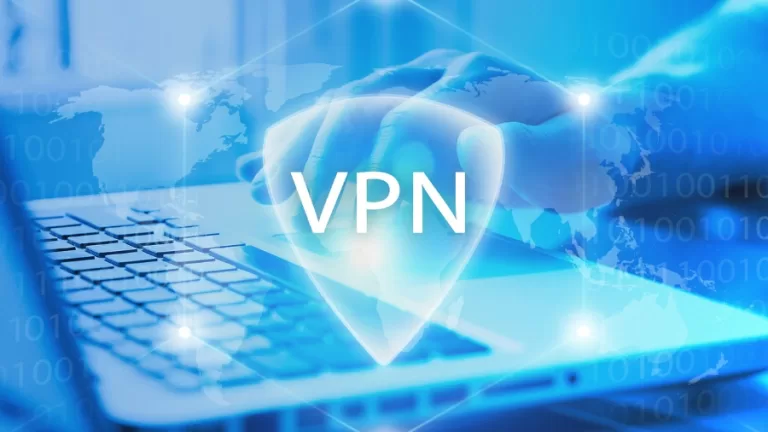Challenges Faced by Faith Communities Online
Many faith communities rely on digital platforms for Bible study tools, sermons, theological research, and connecting with global partners. However, issues like:
- Censorship of Christian content in countries with restrictive internet policies.
- Limited access to digital ministry tools due to geo-restrictions or blocked websites.
- Privacy risks for those engaging in faith-related activities online.
can disrupt these efforts.
How Free VPNs Provide a Solution
A free VPN can help bypass geo-restrictions by changing the user’s virtual location. For instance, if a ministry resource is only accessible in the U.S., a free VPN allows users to appear as if they are browsing from there.
Additionally, free VPNs encrypt communications, ensuring privacy for church staff or individuals engaging in faith-based work. This is particularly important in regions where such activities might invite scrutiny or persecution.
Examples of Ministry Applications
- Streaming Sermons and Services: VPNs enable access to streaming platforms like YouTube or Vimeo in regions where these are blocked.
- Accessing Online Libraries: Many seminaries provide e-libraries with geo-restricted access, which VPNs can unlock.
- Connecting with Global Faith Networks: Free VPNs help users join prayer meetings or online workshops that might otherwise be inaccessible.
Real-Life Impact
In 2021, a missionary in a restricted region used a free VPN to host an online Bible study for a group of 15 individuals, all without interruption or security concerns. This technology bridged the gap, enabling spiritual growth despite physical barriers.
Recommendations for Faith Communities
- Start Small: Free VPNs like vpnly.com offer unlimited bandwidth, making them ideal for streaming and research.
- Upgrade as Needed: Once your community grows, consider premium plans for advanced features.
- Train Staff: Educate your team on safe VPN usage to maximize effectiveness.
Free VPNs play a pivotal role in ensuring faith communities can securely access the tools they need to thrive in today’s digital world.
FAQ 1: How can free VPNs help faith communities access online ministry resources securely?
Free VPNs provide an encrypted connection, which ensures that the data shared between faith communities and online ministry resources remains private and secure. This is especially important when accessing resources over public Wi-Fi networks, as VPNs protect users from potential threats like hacking or data theft. Additionally, VPNs can help bypass geographical restrictions, enabling faith communities in regions with limited internet freedom to access ministry websites and resources without interference.
FAQ 2: Are free VPNs reliable for long-term use in faith-based online activities?
While free VPNs offer basic privacy and security, they often come with limitations such as slower speeds, data caps, or fewer server locations. These limitations may impact the quality of online activities, such as streaming sermons or accessing large ministry databases. For long-term use, especially for critical or large-scale faith-based initiatives, it may be worth considering premium VPN services that offer enhanced features and reliability.
